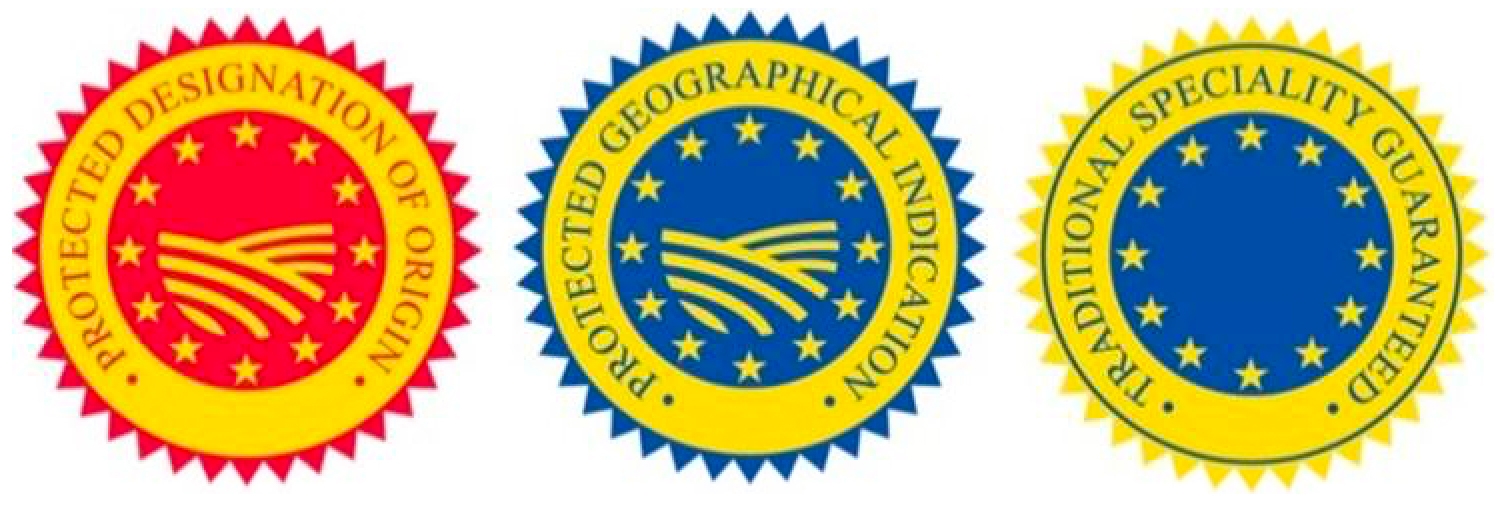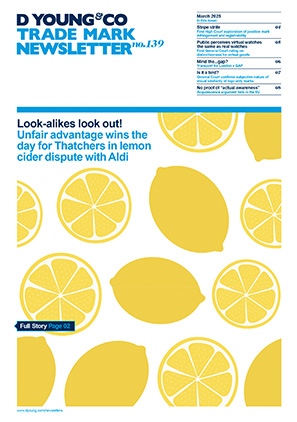Geographical Indications – Consultation on UK GI scheme post-Brexit
Geographical Indications (GI) are a form of intellectual property that enables a product to be identified as originating from a particular country, region or locality where a given quality, reputation or other characteristic is attributable to that particular place it is produced. The existing EU schemes provide legal protection to both regional and traditional specialities whose authenticity and origin can be guaranteed. This enables producers to better promote their products as well as provide assurances to consumers that products are genuine.
Geographical Indications (GI) are a form of intellectual property that enables a product to be identified as originating from a particular country, region or locality where a given quality, reputation or other characteristic is attributable to that particular place it is produced. The existing EU schemes provide legal protection to both regional and traditional specialities whose authenticity and origin can be guaranteed. This enables producers to better promote their products as well as provide assurances to consumers that products are genuine.
At this time a total of 86 products from the UK are registered GI’s under the EU schemes - 76 are agricultural and food products, five are wines and five are spirit drinks. Under the WTO’s TRIPS agreement the UK is required to protect all recognised GI’s from unfair competition and imitation.
What will happen after Brexit?
The UK Government intend to set up a UK GI scheme in order to remain WTO TRIPS compliant. The EU (Withdrawal) Act 2018 sees the EU GI schemes and wine and spirit drink regulations retained and only allow the UK Government to amend the EU rules to ensure they work properly in the UK. This means the UK’s GI schemes will be very similar to the existing EU regulations and seek to ensure existing EU GI’s will enjoy automatic and continued protection in the UK, without need for any action by producers. However, in the event of a ‘no-deal’ it may be required for UK producers to submit applications to the EU Commission as ‘third country’ producers and submit proof that the GI was protected in the UK. The UK Government have provided reassurance that support and guidance for this process would be provided in such an event.
Consultation
Whilst a majority of the changes to adapt the current EU GI schemes to be suitable for the UK post-Brexit are relatively minor (eg, changing references such as ‘EU Commission’ to ‘Secretary of State’), the UK Government have now launched a consultation to seek stakeholder input on the following two areas:
New appeals process
Following Brexit the UK will take over responsibility from the EU Commission for management of all functions relating to GI applications, including enabling those with a legitimate interest to contest a decision issued by any competent UK authority relating to a UK GI.
The consultation seeks views on whether it is deemed appropriate for appeals to be handled by the proposed First-Tier Tribunal, which is part of the UK Court system but completely independent from the UK Government. It is also proposed that there should be a right to appeal the following decisions:
- decision that a GI application does not meet the conditions of the scheme, thereby preventing the application from proceeding;
- a decision to grant or reject a GI application following the opposition procedure;
- a decision to grant or reject an application to amend a GI specification once awarded;
- a decision to cancel PGI (Protected Geographical Indication), PDO (Protected Designations of Origin) or TSG (Traditional Specialty Guaranteed).
- The consultation requests stakeholder opinions on whether the First-Tier Tribunal is an appropriate body to deal with GI appeals and if the General Regulatory Chamber Rules (www.gov.uk/government/publications/general-regulatory-chamber-tribunal-procedure-rules) will suit the handling of such appeals. Views are also sought as to whether all the types of appealable decisions listed above are adequate or if any additional decisions should be included.
Arrangements for new UK scheme logos
Under current EU legislation the following logos are used to indicate a PDO, PGI or TSG:

Following Brexit it is intended that the UK will adopt new logos, although the rules concerning use of the logos will remain the same – i.e. for wine, aromatized wine and spirit drinks use of the relevant logo will be optional, whereas for agricultural and food products use of the appropriate logo will be mandatory. Existing producers registered under the EU scheme will be able to choose whether to continue using the EU logos. However, if a producer only wishes to use one logo, where the UK logo is deemed mandatory this will have to take precedence.
The current consultation seeks stakeholder opinion on what design the new UK logos should take, noting that it would be intended for the PDO, PGI and TSG logos to be variants of the same design rather than three different designs to ensure they remain well recognized in the market place. The consultation also seeks views on whether the proposed three year adoption period before use of the new UK logos becomes mandatory would adequately meet the producer’s needs, in view of the necessity to design and print new packaging.
Submit your views
We believe any UK companies for which the GI scheme is relevant should consider submitting their views and playing an active part in the consultation. Consultation will remain open until 01 November 2018 and responses will be published within 12 weeks after the consultation closes. We will be actively monitoring the process and provide updates on the consultation results, as well as more widely on the planned administration of the UK GI schemes, in due course.
GI Consultation